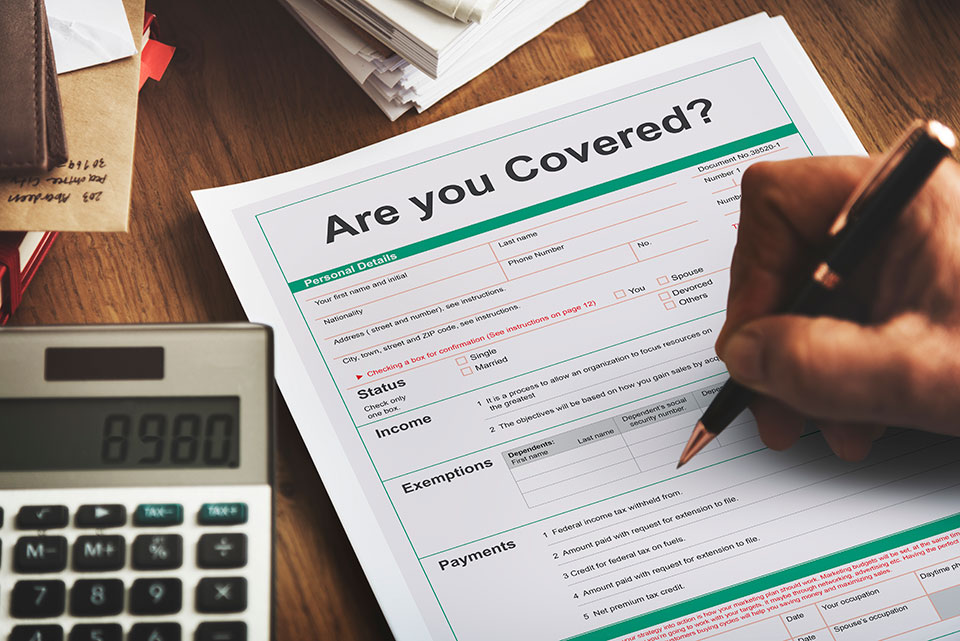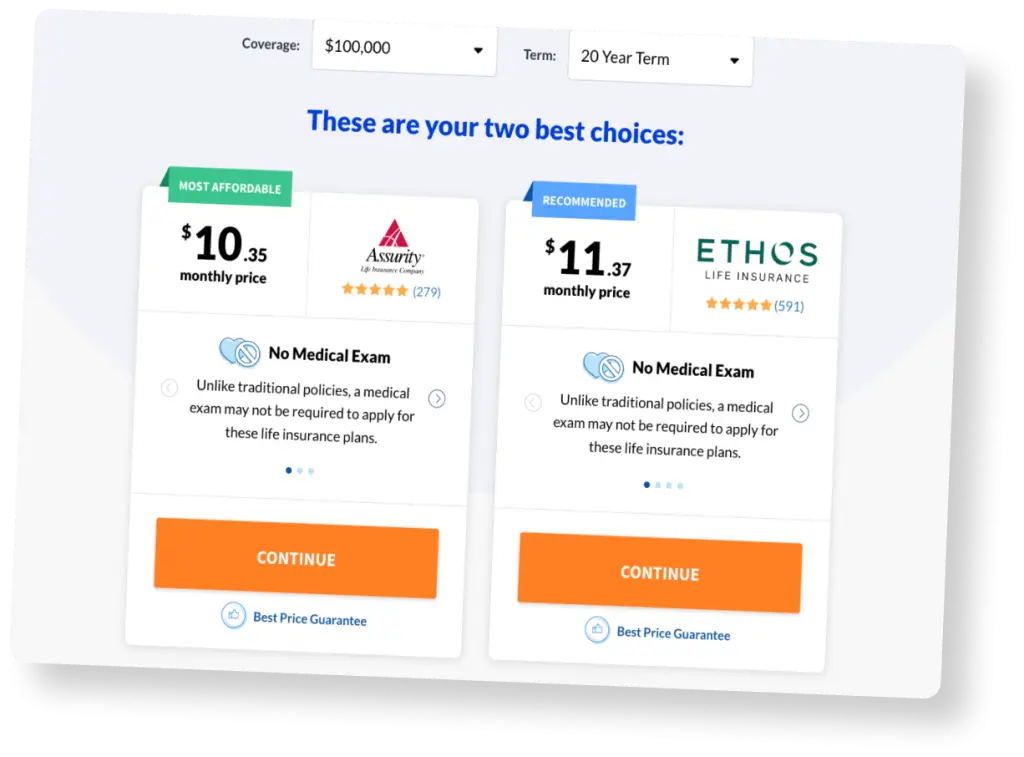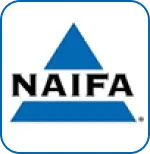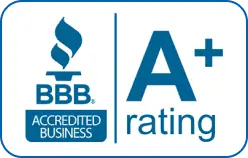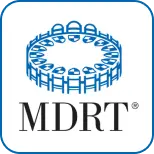For many small businesses, securing a Small Business Administration (SBA) loan is a crucial step towards growth and stability – especially in this difficult economic environment.
Backed by the federal government, SBA loans are highly sought after by entrepreneurs and small business owners for their lower interest rates and extended repayment terms. With the competition so fierce, the journey to secure these loans is often fraught with challenges as a result.
In this intricate process, life and disability insurance emerge as silent yet significant players. While not immediately obvious to many business owners, these insurance policies can be pivotal in reassuring lenders about the borrower’s ability to repay the loan.
If you’re looking to apply for a federal business loan, we want to shed light on the SBA loans process and how you can improve your application to be successful. Here’s the latest.
What is a Small Business Association Loan?
Administered by the Small Business Administration, a US government agency, SBA loans are designed to help small businesses grow and develop.
Unlike conventional loans, SBA loans are not directly issued by the agency but are facilitated through various lending partners, such as banks and credit unions, with the SBA guaranteeing a portion of the loan. This guarantee significantly reduces the risk for lenders, enabling them to provide financing to businesses that might otherwise be considered too risky.
There are several types of SBA loans, each tailored to different business needs. The most popular is the 7(a) loan program, offering flexibility in usage for various business purposes, including working capital, equipment purchase, and debt refinancing. The 504 Loan program is ideal for purchasing major fixed assets, such as real estate or machinery. Additionally, the SBA offers microloans for smaller, short-term financial needs.
A key advantage of SBA loans over traditional loans lies in their more favorable terms. These can include lower down payments, longer repayment periods, and more flexible eligibility criteria, making them a more accessible and attractive option for small businesses.
trusted by 5,000+ clients
Get Personalized Quotes Tailored to Your Company’s Needs
Key Criteria for SBA Loan Eligibility
On paper, an SBA loan could be the boost your business needs to get it off of the ground. But how do you know if you’d qualify for one?
At its core, these criteria are designed to ensure that loans are extended to genuine small businesses with a demonstrated need for financial assistance. The primary eligibility factors include the size of the business, which must meet specific industry-based size standards set by the SBA, the type of business, ensuring it operates for-profit within the U.S. or its territories, and the owner’s personal investment and effort in the business.
Good financial health is also a factor. A strong credit score, a history of profitability, and a robust business plan can greatly enhance the chances of approval. The business must not have any outstanding debts to the U.S. government and should exhibit the ability to repay the loan from business earnings.
Common reasons for rejection include poor credit history, insufficient collateral, and weak business performance. To address these, applicants should focus on improving their credit score, securing collateral, and demonstrating a solid business plan with clear financial projections. These massively improve your chances of getting approved for an SBA loan.
Expert Tips on Securing SBA Loans
Securing an SBA loan can be a complex process, but it becomes much more manageable with the right approach and preparation. Here are some key strategies you can easily implement to boost your business’s chances of securing an SBA loan.
Meticulous Documentation
Begin by gathering all necessary documents. This includes business and personal tax returns, financial statements, legal documents like business licenses, and detailed loan plans. Organizing these documents beforehand can expedite the process.
Strong Business Plan
A well-crafted business plan is vital. This should outline your business model, market analysis, management structure, product or service offering, and detailed financial projections. The goal is to demonstrate to lenders your business’s viability and capacity for strategic planning.
Financial Statements
Ensure your financial statements are accurate and thorough. These should reflect your business’s financial health, showcasing income, expenses, and profitability. Experts suggest having these documents reviewed by a professional accountant for added credibility.
Improving Creditworthiness
Building a strong credit history should absolutely be a priority for anyone looking to get an SBA loan. This involves maintaining a good credit score, paying bills on time, and managing debt responsibly. In cases of past credit issues, be prepared to explain them with a focus on the steps taken to rectify these issues.
Getting Professional Advice
Don’t hesitate to ask for help from financial advisors or consultants experienced in SBA loans. Their expertise can provide valuable insights into the application process and help identify areas for improvement in your business plan and financial management.
The Role of Insurance in Securing Loans
When working out how to secure SBA loans, the role of life and disability insurance is often understated. But these insurance policies can work in your favor by serving as a safety net, providing lenders with an additional layer of security and peace of mind.
When a small business owner applies for a loan, lenders evaluate the business’s financial stability and the borrower’s ability to continue managing the business effectively. Life and disability insurance addresses potential concerns that might arise if the borrower experiences an unexpected life-altering event, like death or illness.
This assurance can be particularly compelling for lenders who might otherwise be hesitant to extend credit due to perceived risks. A business owner who’s taken steps to protect their business and its financial obligations in the case of personal misfortune is the kind of person responsible enough to pay back an SBA loan.
Final thoughts
Securing an SBA loan involves understanding its nature, meeting eligibility criteria, preparing a strong business plan, and maintaining good creditworthiness. With our expert insights into how to improve your application, you’re well on the way to success.
For more insights and answers to frequently asked questions, especially regarding integrating life and disability insurance into your loan strategy, do not hesitate to contact our experts.


